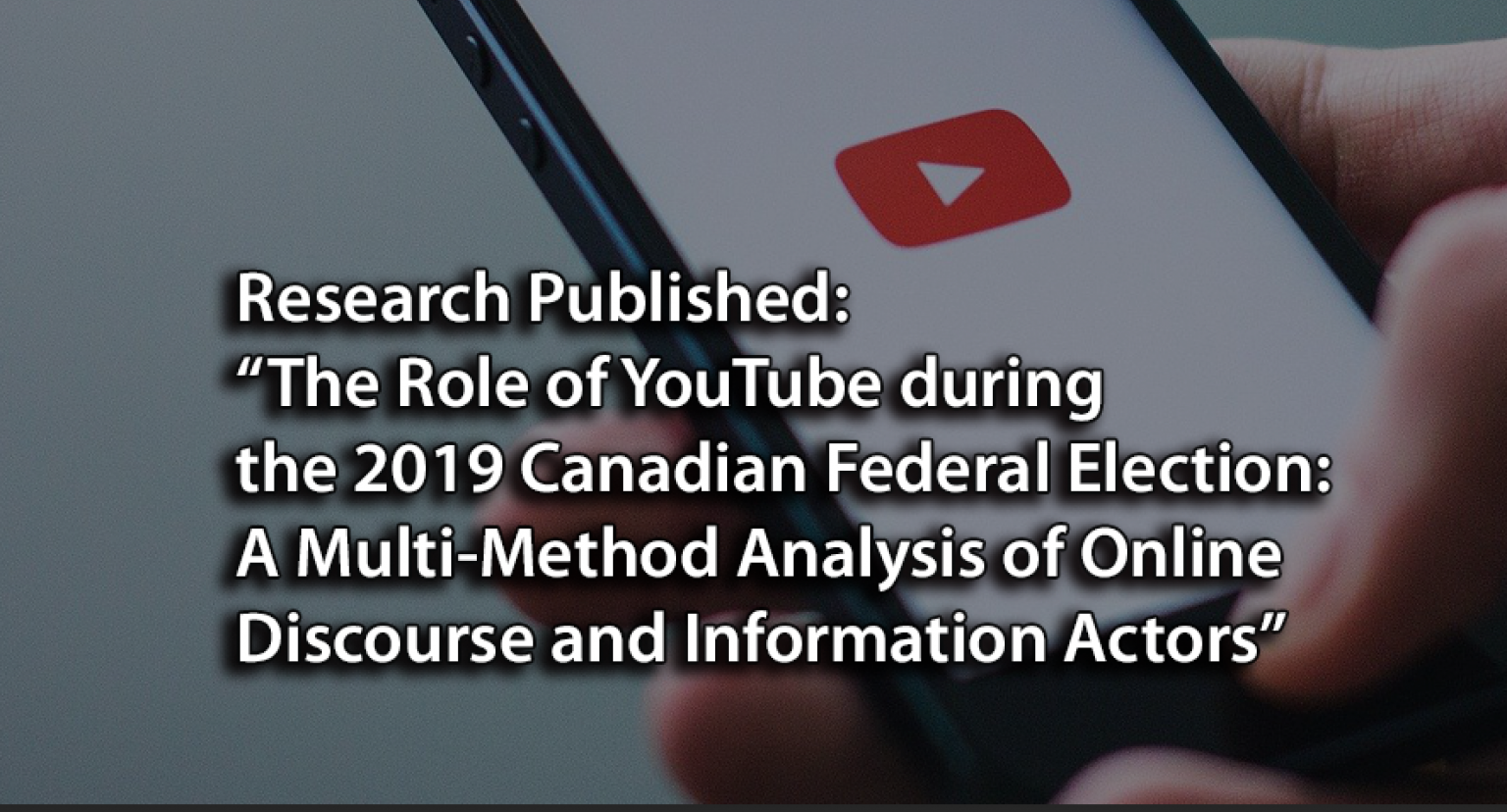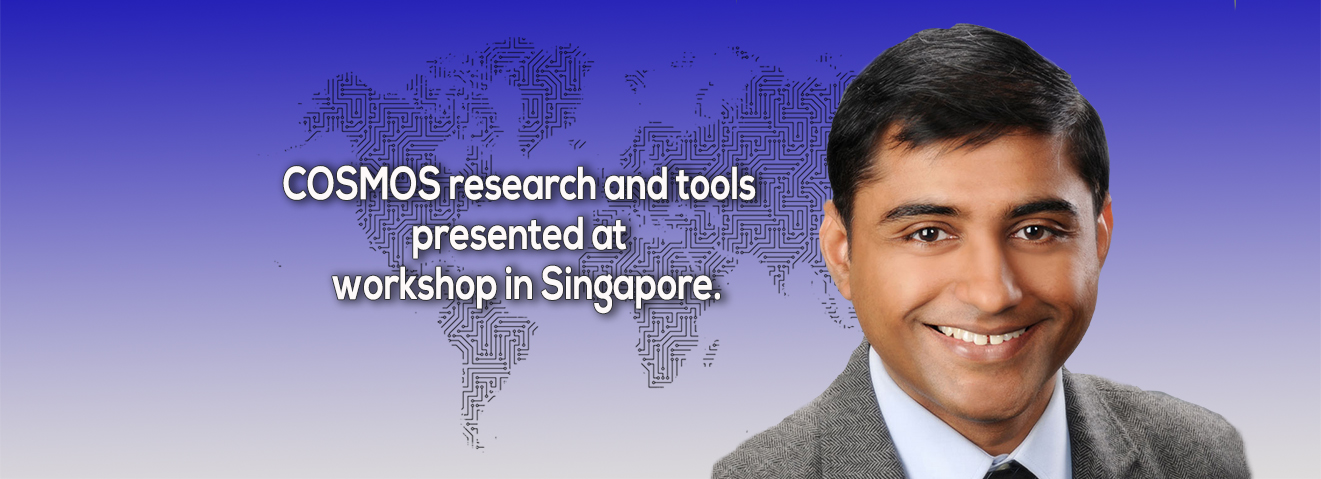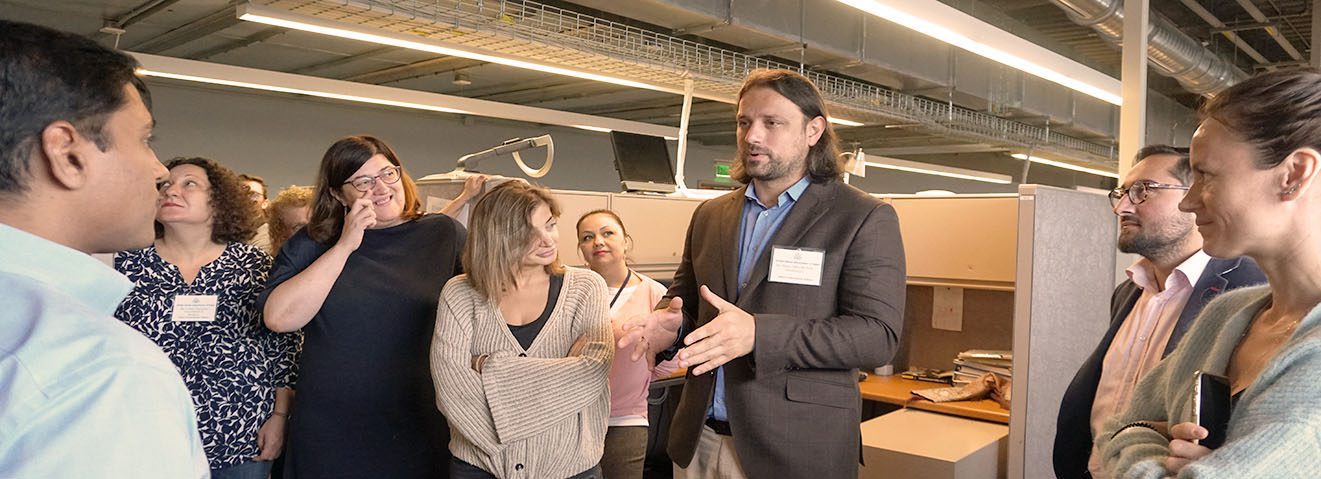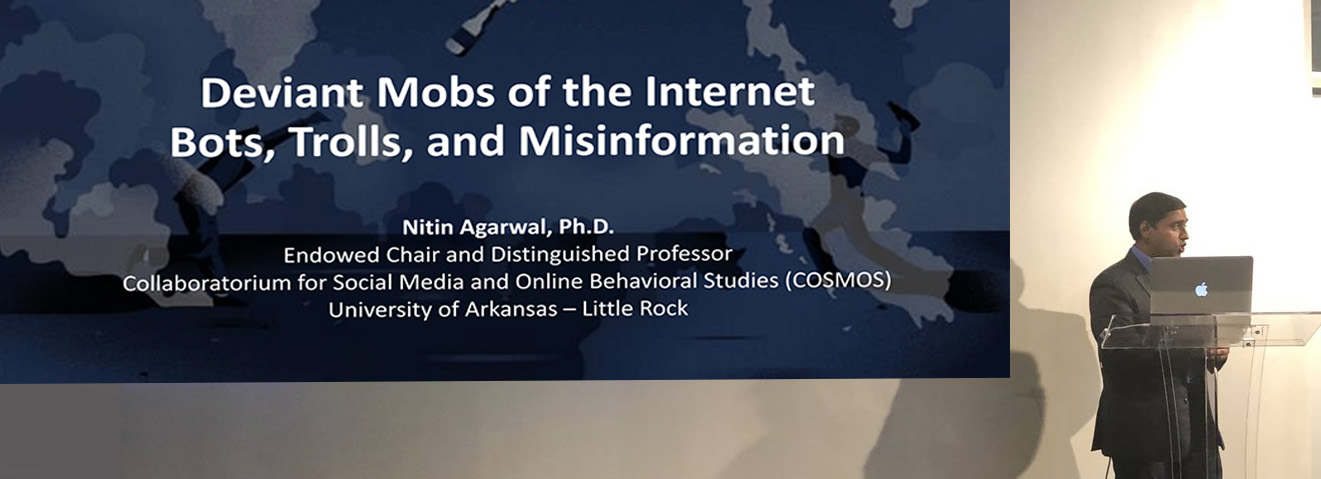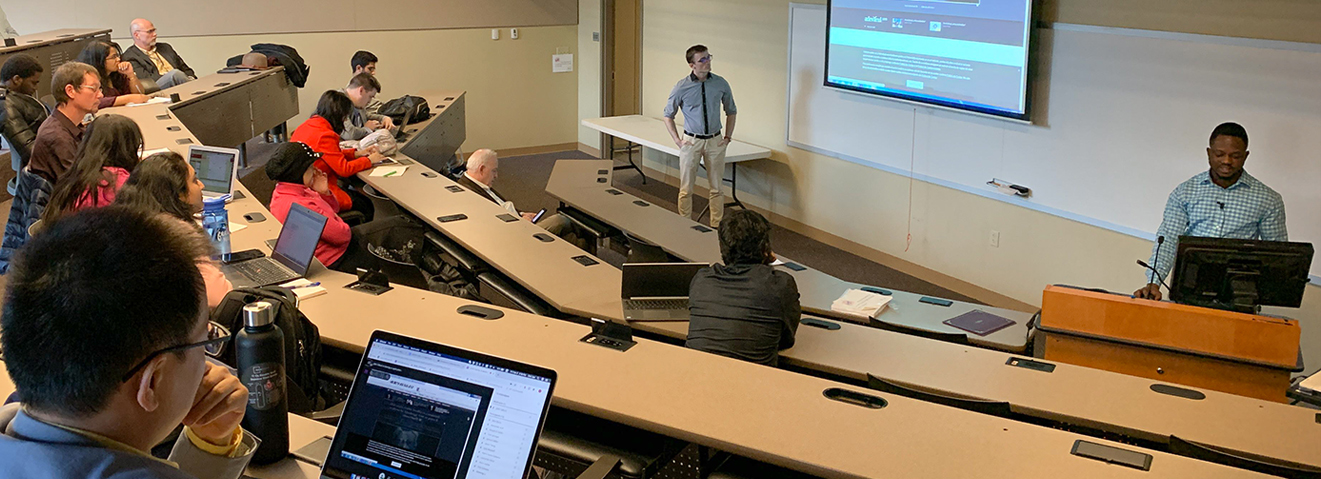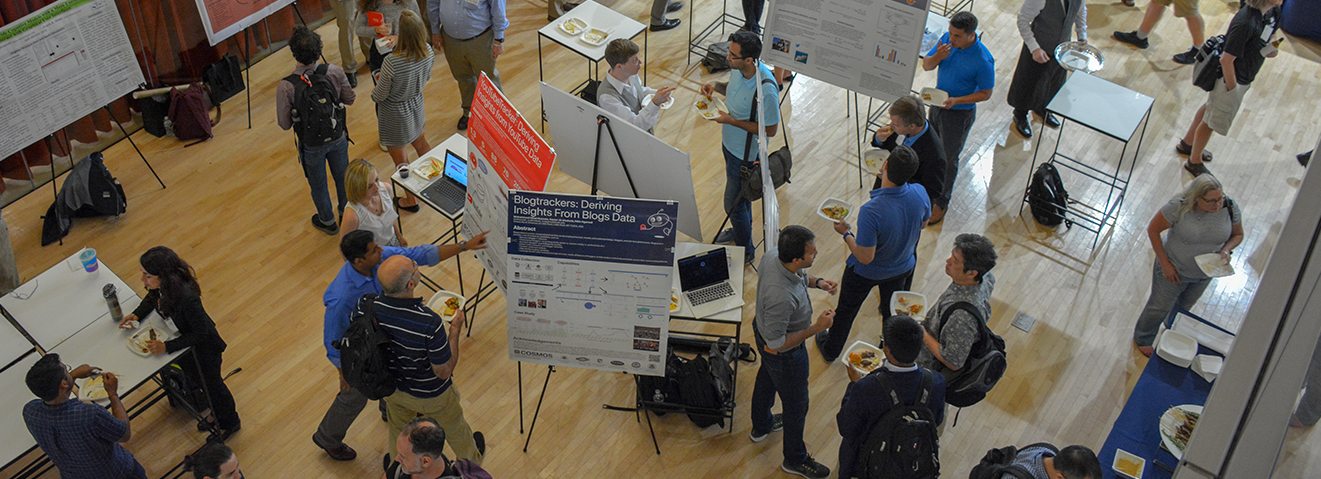COSMOS Research about Online Influence Campaigns On YouTube Leading Up To Canadian Election Published by Queen’s University
COSMOS began studying election-related social media content in 2019. To examine the possible use of a hostile online media campaign orchestrated to influence the 2019 Canadian Federal election, researchers used an in-house application called YouTubeTracker to collect more than 6,000 videos and more than one million comments. They combined multiple social media analysis techniques, social cyber forensic methods, content analysis, and mathematical-sociological constructs to determine whether online influence campaigns were orchestrated on YouTube. “We have been extending our focus from blogs and Twitter to YouTube because the popular and interactive video sharing platform with more than one billion users has become a tool to spreadRead More →

